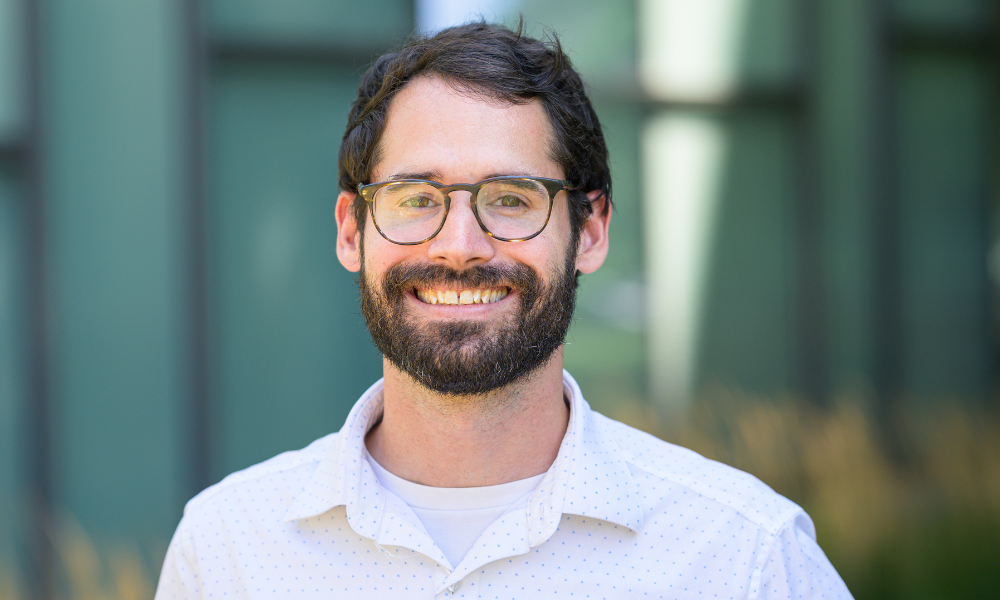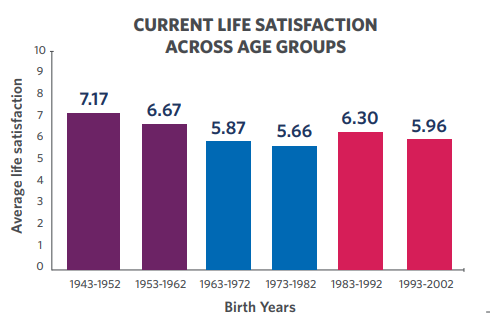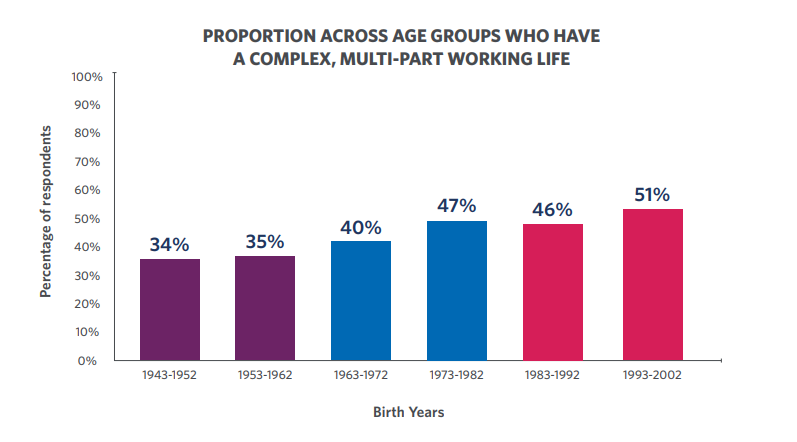
MIT report explores 'complex and emotional' lives of mid-lifers at work

Out of all the generations in the workforce, Gen X, or “midlifers,” have the most anxiety and the most financial stress.
They also have the least amount of life satisfaction, according to a recent report released by the Massachusetts Institute of Technology (MIT) AgeLab and Transamerica.

The report, Longevity as Opportunity – New Conversations on Work, Finances, and Well-Being, analyzed data from a dozen focus groups and a national survey, and examined how increased longevity is affecting our attitudes towards work, finances and wellbeing.
Gen X – the age group born between 1973 and 1982 – were identified as “experiencing complex and often emotional life experiences.”
Further, it’s not just expected the midlife experiences of generations past. Gen X faces particular challenges that are unique to only their cohort, according to MIT research associate Adam Felts, co-author of the survey.
The report found that in contrast to common perception, midlifers value flexibility in the workforce even more than their younger cohorts.
“We might be given to think that it would be the youngest workers who would want more flexibility, just because so many of them came into the working world during COVID,” Felts said. “But it’s people in midlife who actually want flexibility the most.”
Felts explained that this need for flexibility is due to the multiplicity of roles which occur in midlife, as individuals are balancing various roles of caregiving, parenting, and more demanding careers.
“Typically, during this phase of life, you're probably near the peak of your career, you have more career responsibilities than in any other time in your life,” said Felts. “They stand at this middle point between older adults who probably got the benefit of a more conventional working life, just in virtue of the fact they were working primarily in the 20th century, and then people in early life who haven't been in their careers long enough to experience the complexity.”
Another key finding from the study is that Gen X is less motivated by deriving meaning from their work or having values aligned with their company; thirty-three percent of midlifers, far ahead of their older and younger cohorts, rated “saving for retirement” as a top financial interest.
People in their 40s were also the least likely to say that they do not expect to retire because they want to continue the benefits of work (11.1%), suggesting ambivalence among people at this age about working life, said the report.

“Midlifers of today are the first generation to experience what we think is probably a new world of work, one that involves more movement between careers, and a higher likelihood of moving in and out of career training, and changing your careers after that training,” Felts said.
“So midlifers are on the frontier of that – in a way that their predecessors, today's older adults, didn't have to experience as much.”
Another survey by benefits consultants Buck, a Gallagher Company showed a compelling correlation between employee retention and a positive perception of their employers’ benefits packages and policies around wellbeing.
“Employees are eager to live their best lives,” said Phil Eckman, president of workplace solutions at Transamerica. “Employers have a powerful opportunity in this new world of work to establish values that focus on the whole person and invest in solutions that support employees’ mental, physical, and financial health.”